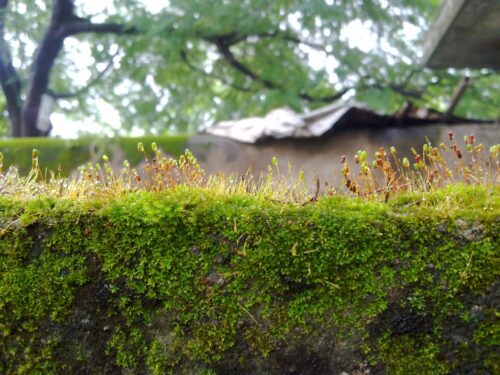Growing economic activity i.e., production and consumption, requires larger inputs of energy and material, and generates larger quantities of waste by-products. Increased extraction of natural resources, accumulation of waste and concentration of pollutants will therefore overwhelm the carrying capacity of the biosphere and result in the degradation of environmental quality and a decline in the quality of human life and human welfare, despite rising incomes.
Economists the world over, came to agree that Jobs and goods are necessary for the growing population and some degree of industrialization is necessary for this development. Gradually development became to be thought of as an evolutionary process which should involve economic growth, social, ethical and cultural modernization, values and practices of traditional societies and modern ideas of the west.
This approach to development paved the way for heavy industrialization, expansion and modernization of agriculture, implementation of mega river valley projects and construction of big dams, rise in consumption, wastage and overuse of resources, clearance of forests, urbanization etc.
After sometime these tendencies and practices of modernization started producing their products in the forms of degradation of land, air, and water pollution, extinction of species of plants and animals, global warming, depletion of ozone layer, spread of new epidemics and pollution related diseases, health hazards, depletion and contamination of ground water, loss of wetlands and mangroves, rise in frequency of cyclones and several other problems.
In 1987 United Nations’ sponsored World Commission on Environment and Development was organized in which commission defined sustainable development as- ‘development which meets the needs of the present without compromising the ability of future generations to meet their needs’. In this definition it has been stated that –
The current model of development preserves natural resources but also employs technologies. And these technologies can be maintained by local communities on their own. Gradually, the ambiguous definition of development that was introduced in the world commission was improved, expanded and clarified. Now the currently emerged thought of new development was started to be called as sustainable development. What is sustainable development?
An approach to economic planning, which attempts to foster economic growth while preserving the quality of the environment for future generations, is called as sustainable development. According to the Brundtland Report- 1987, development that meets the needs of present without compromising the ability of future generations to meet their own needs.
An approach to economic planning that attempts to foster economic growth, while preserving the quality of environment for future generations is called as sustainable development. Sustainability is the systemic concept which relates to the continuity of economic, social, institutional and environmental aspects of human society.




